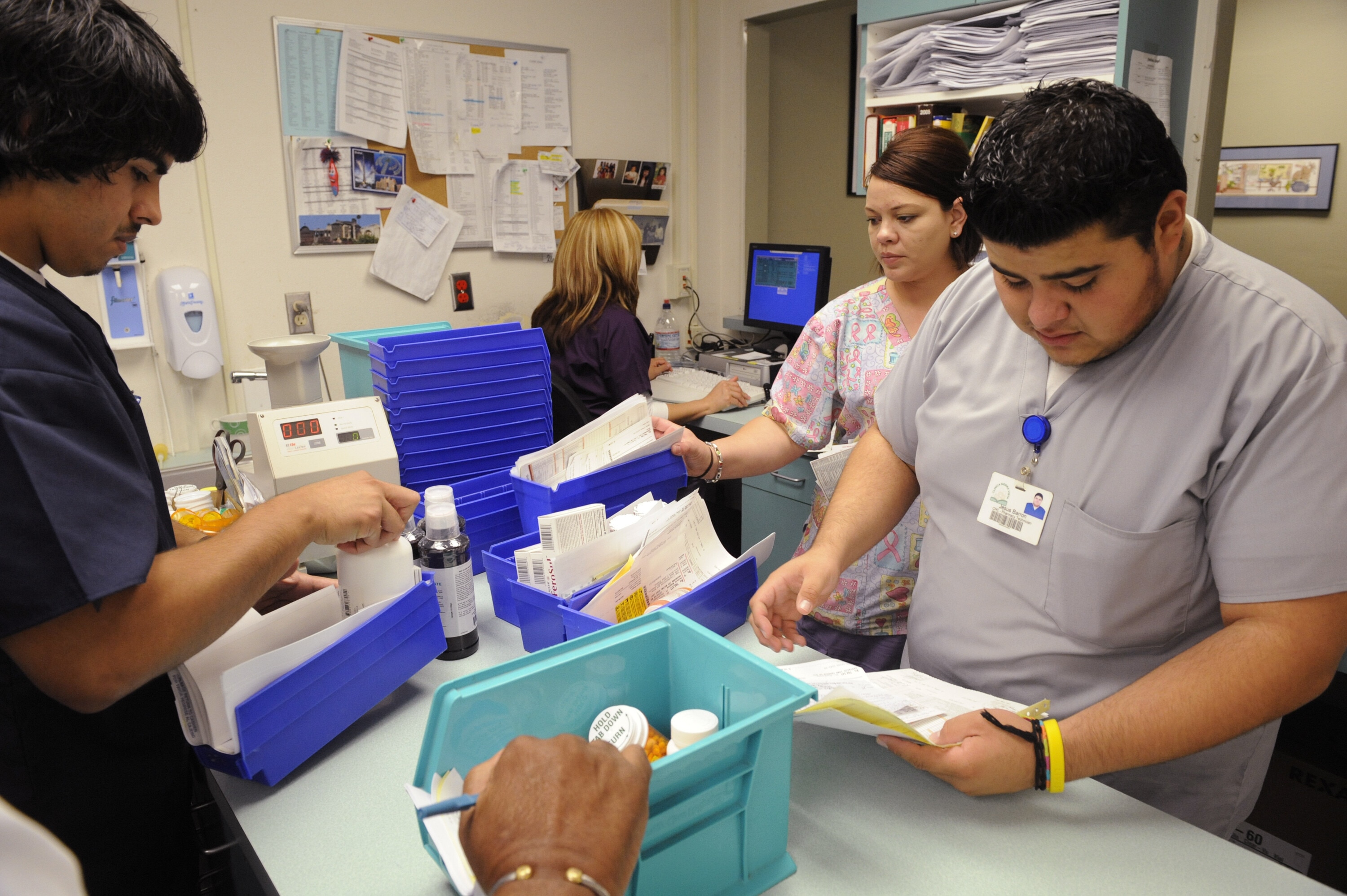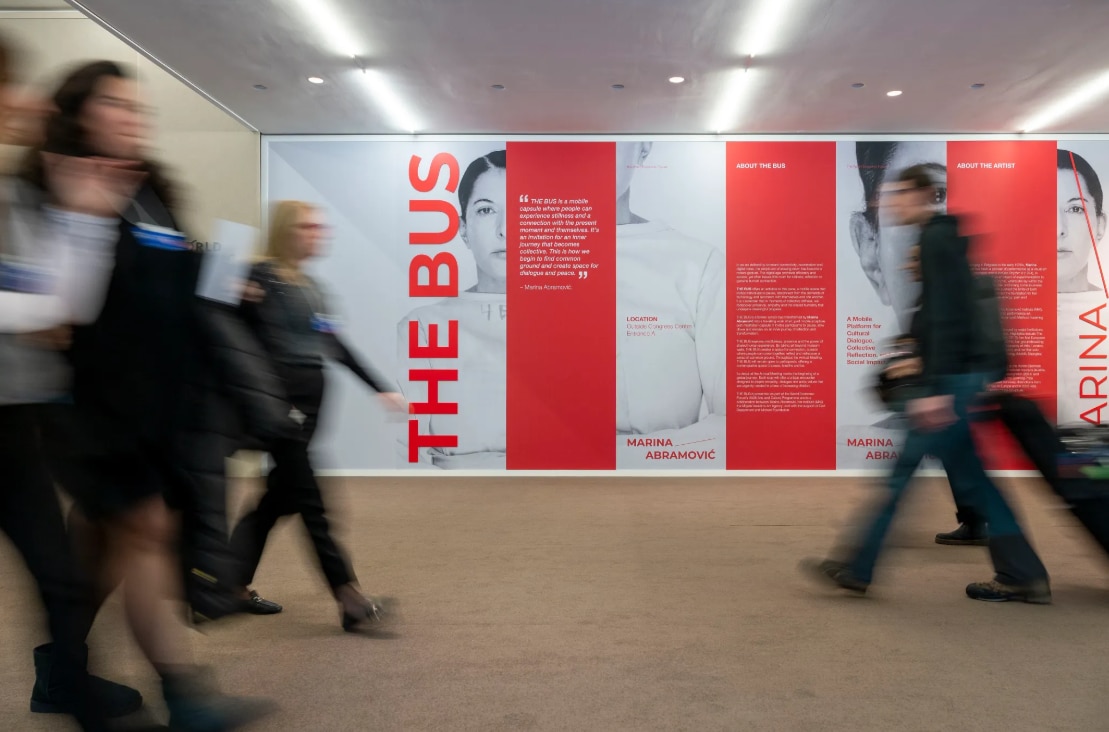COVID-19: What you need to know about the coronavirus pandemic on 9 June

People wait at a train station in Jakarta, Indonesia on 8 June, as lockdown restrictions ease. Image: REUTERS/Ajeng Dinar Ulfiana
- This daily round-up brings you a selection of the latest news updates on the COVID-19 coronavirus pandemic, as well as tips and tools to help you stay informed and protected.
- Today's headlines: WHO says the global situation is "worsening"; the US is officially in recession; the WHO has given guidance to protesters.
1. How COVID-19 is affecting the globe
- Just five countries - the US, Brazil, Russia, the UK and India - account for more than half the 7 million confirmed cases of COVID-19, according to Johns Hopkins University.
- The WHO said the situation is "worsening" globally, as cases have topped 100,000 for nine of the past 10 days.
- New York City is starting to reopen for business, 100 days since its first confirmed case of coronavirus and after almost 22,000 deaths.
- Lockdown measures and other policies may have saved 500 million people from being infected in six countries, according to a study from the University of California, Berkeley.
- The US is now officially in recession, a group of economists has declared, ending the longest period of expansion in its history.
- Sudan is facing growing demands to end lockdown, with one car mechanic saying, "hunger is worse than corona".
- The global economy will shrink 5.2% this year, according to World Bank forecasts.
2. WHO gives guidance to protesters
At its media briefing on 8 June, the World Health Organization expressed its support for the global protest movement, following the death of George Floyd.
Michael J. Ryan, Chief Executive Director of the WHO Health Emergencies Programme. clarified that simply attending a mass gathering would not necessarily require self-quarantine afterwards.
A contact, said Ryan, is someone who has been in prolonged close contact with a confirmed carrier of COVID-19. "Someone who has just been at a mass gathering doesn't necessarily meet the definition of a contact in that context."
The WHO reminded protesters to keep COVID-19 basics in mind, such as hand-washing and physical distancing.
Regarding risk of exposure and staying safe, officials explained that protesters should look to local guidelines.
They also said local public health officials could advise people on the need for quarantine or testing after mass gatherings, depending on the scientific data around transmission rates.
3. How COVID-19 could shape Africa's economic future
There are 3 mega-trends emerging that will impact how well Africa is able to recover from the coronavirus crisis, says Martyn Davies, Managing Director of Emerging Markets & Africa, Deloitte Africa.
- De-globalization: Macro trends in world trade - which could collapse by as much as a third this year - will marginalize African economies even more. Particularly as the implementation of the Africa Continental Free Trade Area (AfCFTA) has been postponed to next year.
- Debt and fiscal sustainability: Facing rising fiscal deficits, over 100 developing countries have applied to the International Monetary Fund (IMF) for emergency funding, but the burden of debt will grow.
- Digitalization: COVID-19 has been an impetus for many companies to adopt remote working, but this could impact economies that are ill-prepared for rapid tech-driven change - and delay recovery. Rwanda is one exception - seeking to set itself up as a tech-enabled services economy.
Don't miss any update on this topic
Create a free account and access your personalized content collection with our latest publications and analyses.
License and Republishing
World Economic Forum articles may be republished in accordance with the Creative Commons Attribution-NonCommercial-NoDerivatives 4.0 International Public License, and in accordance with our Terms of Use.
The views expressed in this article are those of the author alone and not the World Economic Forum.
Stay up to date:
COVID-19
Forum Stories newsletter
Bringing you weekly curated insights and analysis on the global issues that matter.
More on Health and Healthcare SystemsSee all
Cynderella Carlynda “Cyndy” Galimpin
February 9, 2026







